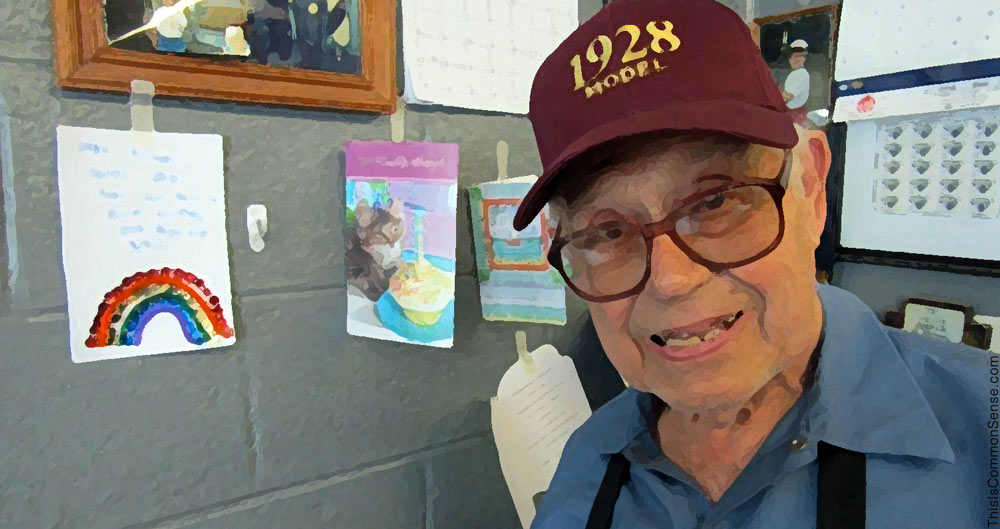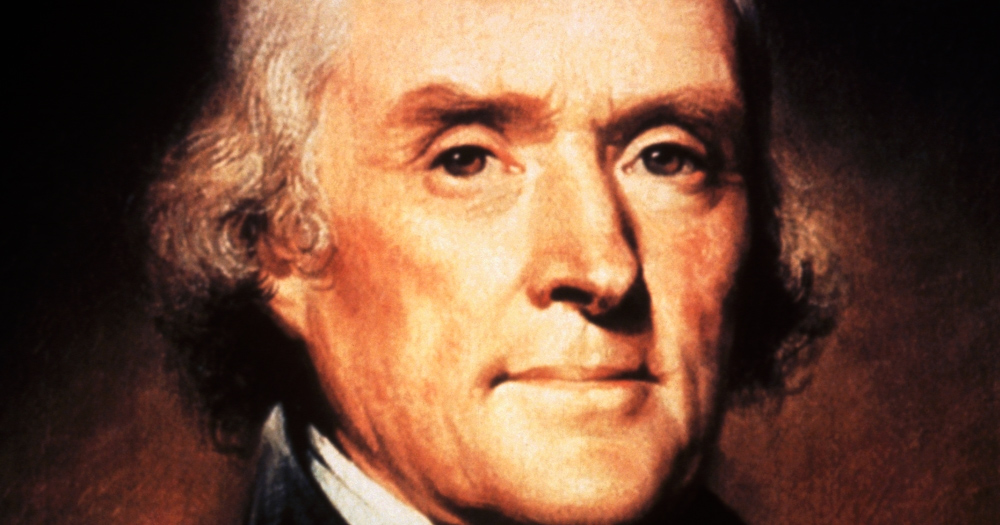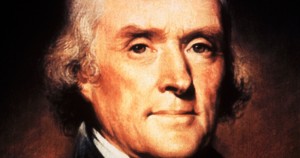Hardy Johnson marked his 89th birthday by doing what he’s always doing, working as a cobbler at Custom Shoe Builders in Knoxville, Tennessee. His son, who manages the business that his dad founded in 1953, was out of town. The back orders had been piling up. And Johnson takes only one day off each week anyway.
In a profile for The Knoxville Focus, Steve Williams observes that many people make it to 89, but few “still work six days a week like Hardy … or on their birthday.”
Friends dropped by all week long, and on the day itself neighbors at Henson’s Automotive and Alignment swung by with cupcakes and coffee. Johnson also enjoys an ongoing sweet barter deal with the owner: Johnson supplies Steven Henson with shoe and other repair work, Henson supplies brake jobs and oil changes.
Henson testifies to the cobbler’s work ethic, saying he “can set my clock to Hardy every morning at 7:15 when he pulls into the parking lot. He’s the best neighbor I’ve ever had. He’s a great guy.”
Why didn’t Hardy Johnson take it easy on his birthday?
Maybe because doing work that he enjoys and does well is one of the things he’s celebrating as he enters his golden years. Maybe that — and being a great guy — is how you get to be 89 to begin with.
Not that he’s perfect. It doesn’t seem to bother him that his dog is an admitted Democrat.
This is Common Sense. I’m Paul Jacob.



